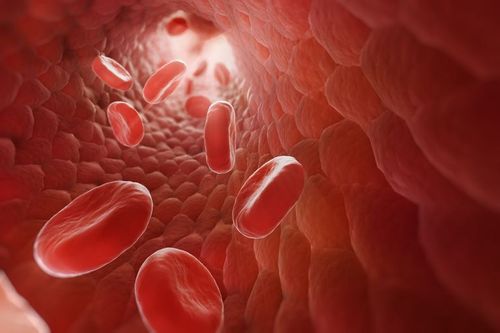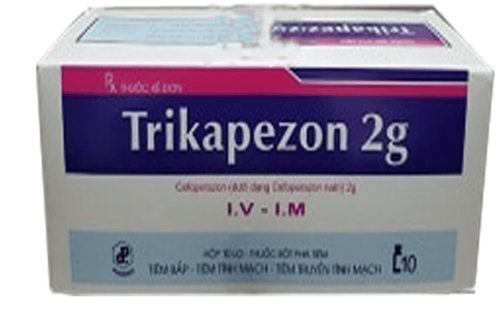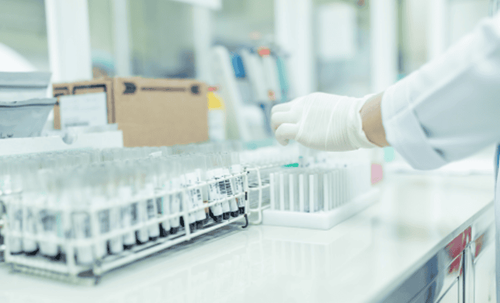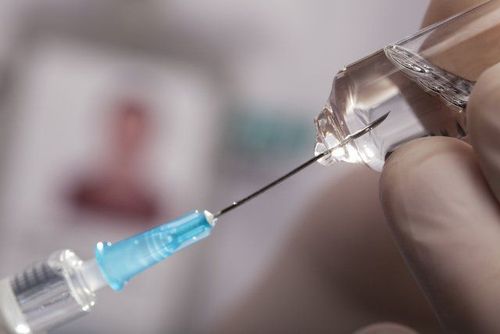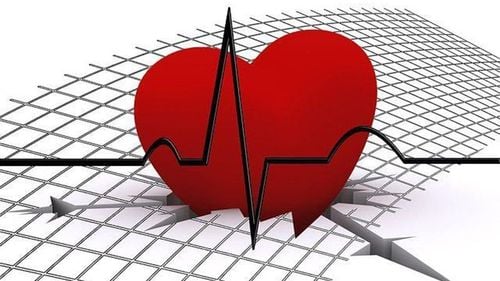This is an automatically translated article.
The article was professionally consulted by Specialist Doctor I Do Van Manh - Emergency Resuscitation Doctor - Emergency Resuscitation Department - Vinmec Ha Long International HospitalSepsis is a dangerous disease with a high mortality rate. It is caused by bacteria or viruses, and fungi release chemicals into the bloodstream to fight the body's inflammatory response. Sepsis often progresses seriously and does not tend to resolve on its own if not treated promptly.
1. What is sepsis?
Sepsis or blood infection (sepsis) is a very serious infection. Pathogenic microorganisms do not reside in an initially damaged organ, but spread through the bloodstream throughout the body.Illnesses caused by bacteria or viruses, fungi release chemicals into the bloodstream to fight the body's inflammatory response. These reactions create a series of internal changes that lead to damage to organs such as the liver and kidneys, and cause the body to weaken rapidly.
Trắc nghiệm: Bận rộn có ảnh hưởng đến sức khỏe của bạn không?
Cuộc sống hiện đại khiến chúng ta vì quá bận rộn mà quên chăm sóc sức khỏe cho chính mình. Ai cũng biết rằng lịch trình làm việc cả ngày có thể khiến bạn kiệt sức, nhưng cụ thể bận rộn ảnh hưởng thế nào tới sức khỏe? Hãy cùng làm thử bài trắc nghiệm dưới đây.
2. How dangerous is sepsis?
During sepsis, large amounts of chemicals (from pathogens) are released into the bloodstream that can cause chronic inflammation, leading to damage to internal organs. The clotting mechanism in the period of blood infection reduces blood flow to the limbs and internal organs, leading to a lack of nutrients and oxygen in the body.Blood infection is especially dangerous if not detected early and treated promptly, leading to serious complications in circulation, blood clotting disorders, respiratory failure, liver and kidney failure and other organs.
In the worst case, sepsis can cause hypotension, a phenomenon known as "Septic shock", which can lead to a decline in the function of several organs such as lungs, kidneys and liver. At this stage, the disease becomes very severe, there are cases with active treatment and appropriate antibiotics, but the patient still dies from septic shock.
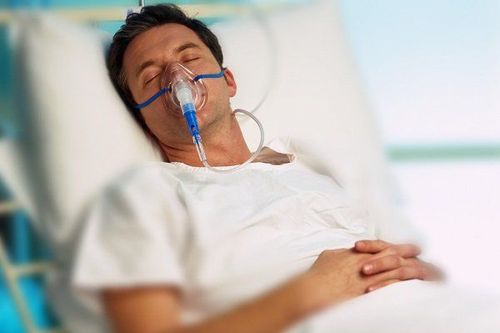
3. Risk factors for sepsis
Some of the following people have a high risk of sepsis:
The elderly, infants/premature babies. People using immunosuppressive drugs, using corticosteroids for a long time, anti-rejection drugs or undergoing chemotherapy and radiation therapy. Patients with chronic diseases, such as diabetes, HIV/AIDS, cirrhosis, congenital heart valve and heart disease, chronic lung disease, chronic kidney failure. Patients with splenectomy, alcohol abuse, blood malignancy, agranulocytosis. The patient has placed invasive devices or instruments such as intramedullary nails, catheters, endotracheal tubes, etc.
4. Common causes of bacteremia
Gram-negative bacteria of the Enterobacteriaceae family including: Salmonella, Escherichia coli, Klebsiella, Serratia, and Enterobacter bacteria, Pseudomonas aeruginosa, Burkholderia pseudomallei Gram-positive bacteria: Streptococcus pneumoniae, Staphylococcus aureus, Streptococcus suis... Fungi: Candida, Trichosporon asahii Common anaerobes: Clostridium perfringens and Bacteroides fragilis.
5. Symptoms of blood infection
Body temperature over 38 degrees C or below 36 degrees C Tachycardia over 90 beats/min Tachypnea over 20 beats/min. Severe cases of sepsis will have symptoms such as:A sharp decrease in mean urine output Unstable mental status Decreased platelet count Difficulty breathing Heart arrhythmia Abdominal pain Septic shock.
6. Is blood infection contagious?
This is a completely non-contagious disease, especially not by contact. The disease is mainly caused by microorganisms that attack the body, those with high risk factors should pay attention to prevent infections. In short, sepsis is a disease that is not transmitted by casual contact.
7. How to treat blood infections

Before using antibiotics, blood and other specimens should be cultured to make an antibiotic chart and choose the right antibiotic. However, it is not necessary to wait for the results of the antibiogram before starting treatment, but broad-spectrum antibiotics should be administered immediately after specimen collection.
If the blood infection is at an early stage and has not affected vital organs, antibiotics can be used to treat the infection at home. But without prompt treatment, the disease can develop septic shock and even death. In this case, the doctor uses several medications to treat sepsis including intravenous antibiotics to fight the infection, vasopressors to raise blood pressure, insulin to stabilize blood sugar, and corticosteroids to help lower blood pressure. anti-inflammatory and pain reliever.
When sepsis becomes severe, the patient needs intravenous fluids and ventilators. Doctors can perform dialysis in cases of acute kidney failure using a kidney replacement device to remove hazardous wastes, salts, and excess water from the blood. In some cases, surgery is required to remove the source of the blood infection, such as surgically draining pus from an abscess or removing infected tissue.
Currently, the emergency dialysis technique for patients with multi-organ failure is being applied at Vinmec International General Hospital. With a system of modern machinery and a team of highly qualified and experienced doctors and nurses, Vinmec is committed to the best protection for patients' health.
Vinmec uses a modern, new, multi-featured machine system. Fresenius multiFiltrate continuous dialysis machine with many outstanding advantages. The team of doctors and nurses are skilled, experienced technicians and have been trained in this technique very intensively, with a lot of experience in handling critical patients, providing support and assistance. coordinate with departments in the hospital to treat severe and complicated patient cases.
Please dial HOTLINE for more information or register for an appointment HERE. Download MyVinmec app to make appointments faster and to manage your bookings easily.






